Critical Messages from College Scholars
Thank you to our colleagues in the College of Education who have invested time this week (and every week for that matter) to raise their voices and display leadership. I am grateful for your talent, wisdom, and generosity. In this communication, I share the advice of voices that are more knowledgeable, important and influential.
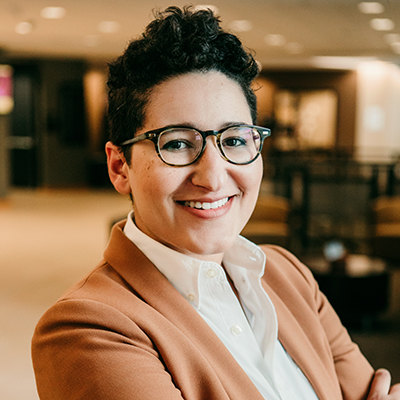
Dr. Shannon McClain, a professor in counseling psychology, prepared this document to provide advice on specific commitments and actions that we can all pursue. Dr. McClain writes, “Break your silence on social media and show solidarity with Black people by posting. Post a story, image, or thought that acknowledges racial injustice and your support of the Black community. Look to elevate the voices of Black people as well as social justice organizations by sharing their public posts or asking permission to share private posts. Use hashtags to spread information, particularly for cases receiving less media attention (e.g., #BreonnaTaylor, #JusticeForBre).” Please take the time to read every word in the attachment, take advantage of her expertise, and share it widely. Thank Dr. McClain for prioritizing this work during a challenging time. We will post it on the College website.
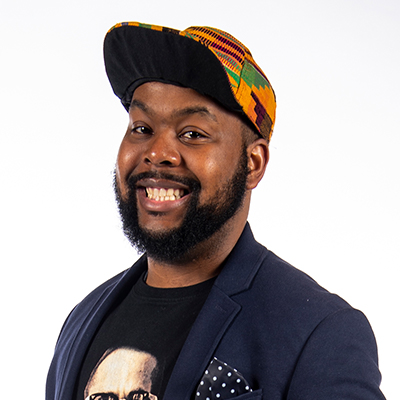
Dr. Terrell Morton, a professor of Identity and Justice in STEM Education, wrote, “Actively work towards change that reduces and removes the systemic and systematic pervasiveness of racism and other forms of oppression, both overt and covert, that lie here in our departmental, college, university, city, state, and national policies, rules, procedures, social norms, and practices. Otherwise, your “words of encouragement” are nothing more than a continued reminder of the pain evoked when we decry that our Black lives matter, especially when we see what and how you do when there are no public racial crises to visibly behold.” In addition to Dr. McClain’s suggestions, Dr. Morton shared this article. Dr. Morton’s words remind me of the following quote and inspire me to invest more.
One either allows racial inequities to persevere, as a racist, or confronts racial inequities, as an antiracist. There is no in-between safe space of “not racist.” The claim of “not racist” neutrality is a mask for racism. (Ibram X. Kendi, author of How to Be an Antiracist, p. 9)
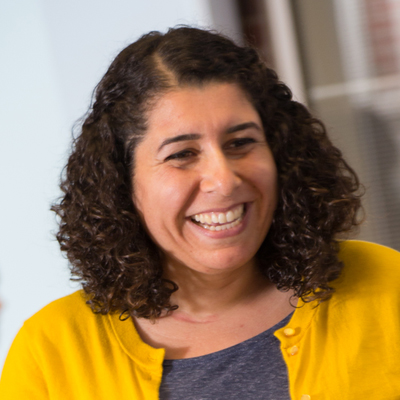
Dr. Zandra de Araujo, a professor in mathematics education, encourages all of us to learn more about what our Black students, faculty, and staff experience on our campus, and more importantly to change those realities. Dr. de Araujo writes, “I am writing to encourage you to pop on Twitter and read through the #BlackatMizzou posts. We work at a PWI and we need to educate ourselves on what this means for our Black students (and staff and faculty). The students are telling us their stories. Our job is to listen and do the work so that these stories don’t keep happening again and again. Years ago, one of the student leaders of Concerned Student 1950 discussed how the faculty and staff are the constant, students will come and go. We are largely responsible for the climate and harm to our Black students. Anyhow, I found it helpful to again listen to the students’ experiences and keep in mind what I can do to change this reality moving forward.”
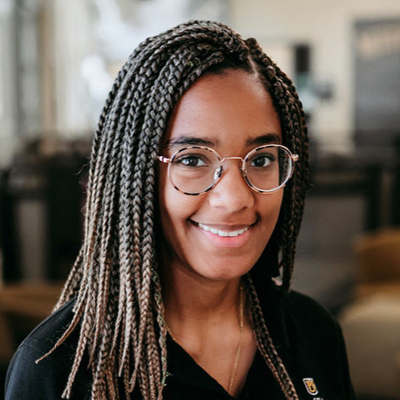
In addition to the social media posts, our student leaders are worth following. Lex Hunter, an undergraduate wrote, “People like me have been uncomfortable our entire lives because of the unjust systems we face. Too many non-blacks have also been telling us how we should protest and respond to blatant racism. Also many are engaging in performative activism and posting on social media just to make themselves feel better. Where is their energy and advocacy all the days in between because black folks face micro levels of discrimination and oppression every day? …While this is a nationwide issue I believe it is imperative we address these issues in the college of education because I have so much love for it and my peers must engage in these discussions as future educators.”
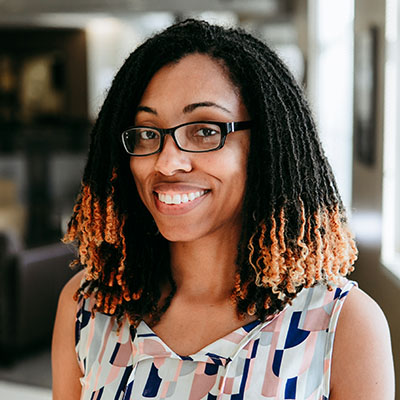
Our professional staff display such amazing care in our community. Brittany Smotherson, Director of Recruitment and Retention wrote the following excerpt to some of our students, “To those of you who may be experiencing hurt, grief, sadness, resentment, pain, mistrust, betrayal, anger, anxiety, and/or a dozen other hard emotions to digest, I honor all of that as real and as something you do not have to let anyone tell you to ignore or dismiss. Black death and our world’s (lack of) response to it (with COVID death disparities, essential worker disparities, and the constant police brutality disparities among Black communities) is traumatic. I encourage you to reach out to others to stay healthy.”
I could have shared so many voices from the past two days. Our Black scholars and future scholars (i.e., students) have incredible experiences, knowledge, and expertise that can change realities at Mizzou. We need to elevate these voices as Dr. McClain suggests. We need to actively work towards change and change realities as Dr. Morton and Dr. de Araujo argue. Performative activism is not acceptable as Lex Hunter emphasizes. We have to recognize and validate the feelings and exhaustion that others are experiencing as Director Smotherson recognizes. Will everyone commit to addressing these issues in our College and on our campus? Our community and nation needs examples to learn from and models to follow.
Sincerely,